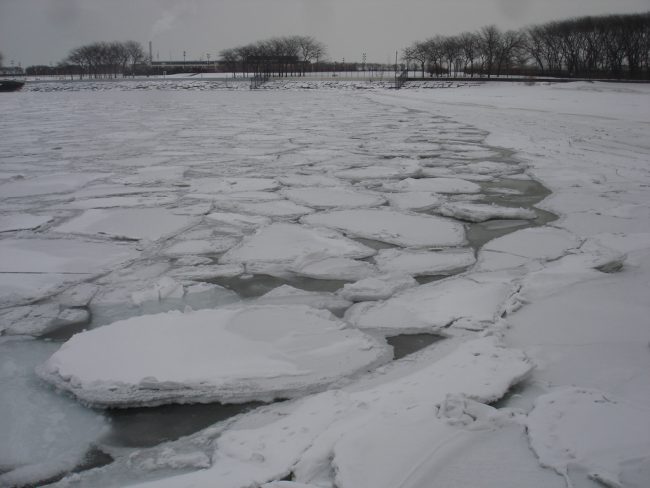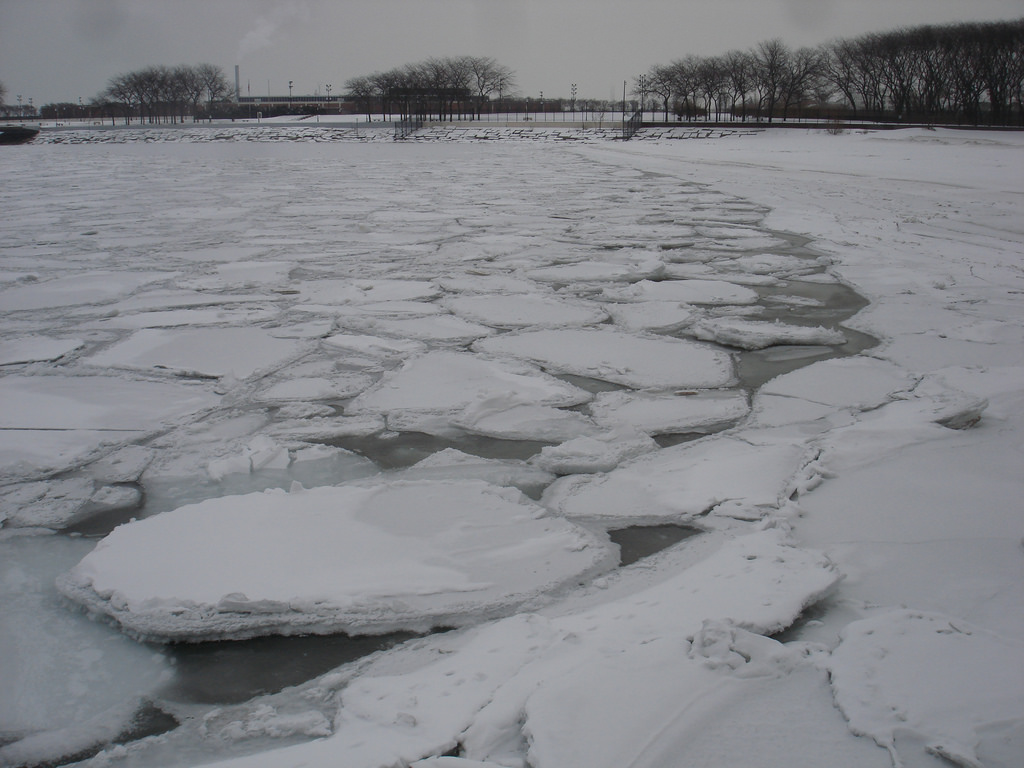|
Getting your Trinity Audio player ready...
|

Global warming has been a widely known issue in the world for three-quarters of a century, with it comes extreme winters and severe summers. Monday, Nov. 26, 2018, was a reminder that snowstorms in Chicago are still capable of causing damage.
Branches from trees broke off and fell onto power lines, because of the strong wind. As a result, thousands of residences and businesses were without power. Heavy traffic and car accidents occurred because of slick, wet roads.
While this storm was underwhelming in terms of the amount of snow that fell, the damage caused is a look into the future of storms that could be worse than the last. One could imagine the worldwide effects of global warming, such as intense heat waves, melting snow caps, heavy rains, and tropical storms. That is the path that people are headed down if greenhouse gases are not cleared out of Earth’s atmosphere.
On Friday, Nov. 23, a scientific report was released, which contained information on the long-term effects global warming will have on not only Chicago but the rest of the United States. The rising sea levels, caused by the melting snow caps, will force a lot of people to move inland. The oxygen levels will continue to decrease in the ocean, and will eventually kill coral reefs. As a result, fish and other aquatic animals will begin to die and decrease in numbers.
Researchers at Washington State University have found that one-fourth of carbon can be found buried 6 feet deep in the soil. This alone creates new ideas for how to control global warming in the country. Most of the concentrated carbon can be found in areas with wet, rainy forest lands. Scientists are currently trying to figure out how to manipulate this new discovery of carbon being stored underground in the soil.
In dry climates, such as deserts, the minerals in the soil retain about 6 percent of the carbon which leads to water evaporating faster. This is caused because of the little amount of rainfall in deserts.
In the Midwest, reports say that heavy rain will damage crops, reduce their nutritional quality and dry up due to heat waves. The resulting humid weather will lead to pests and pathogens becoming an even bigger problem for farmers and will cause soybeans and corn to degrade.
The global temperature increased by 1.8 degrees from 1901 to 2016. If global warming temperatures are not reduced, there is possibly another increase of 9 degrees by the end of the century. There is no other explanation for this cause other than manmade pollution and the increase of greenhouse gases.
Written By Parris Winfrey
Edited by Cathy Milne
Chicago Tribune: Global Warming is a Midwest crisis in the making
RTE News: Climate action must triple to curb global warming
Science Daily: Six feet under, a new approach to global warming
Featured and Top Image Courtesy of Fuzzy Gerdes’ Flickr Page – Creative Commons License



